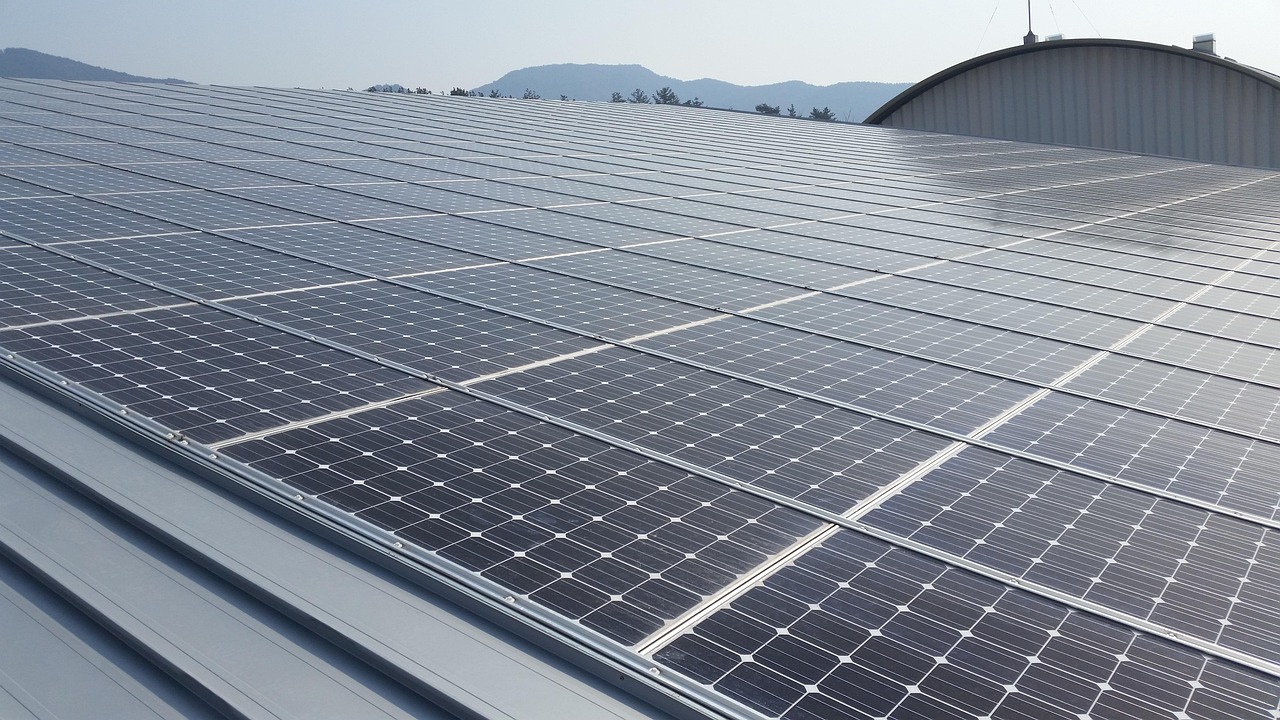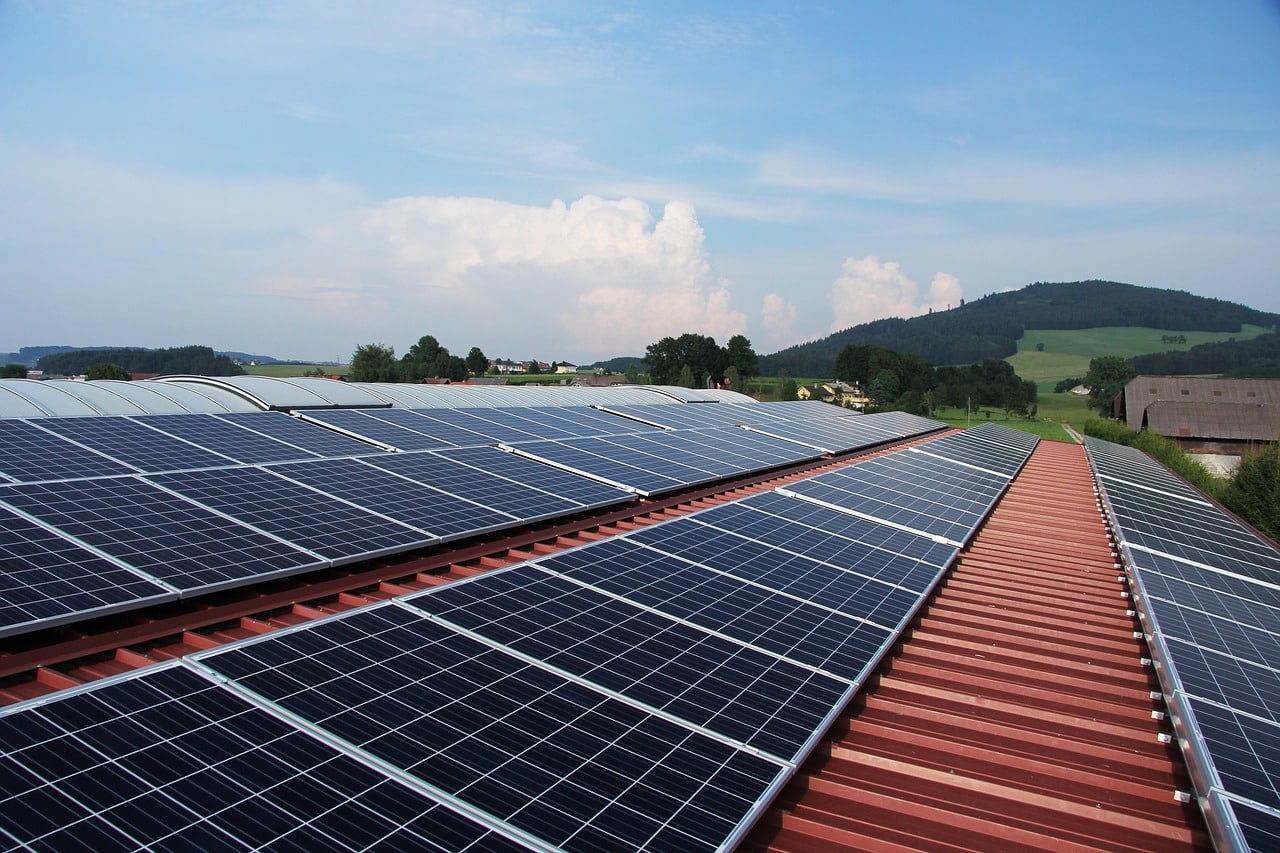West African country, Gambia, has launched a pay-as-you-go solar energy project to expand electricity access nationwide and reduce reliance on fossil fuels.
The initiative is led by the Mbolo Association, a local NGO, with technical and financial backing from the United Nations Development Programme (UNDP).
Malang Sambou, the Executive Director of the Mbolo Association, said that the systems offer a practical way to bridge energy gaps and boost development.
“Pay-as-you-go solar systems are a practical step toward bridging energy gaps and supporting community development,” Sambou said.
Flexible solar options
The program offers households and businesses three solar models, which are small (1.2kWp), medium (2.4kWp), and large (5kWp).
The systems are offered on flexible payment terms to make clean energy more affordable for communities.
Organizers explained that the project, developed after research on renewable energy, is designed to provide stable and sustainable electricity subscriptions nationwide.
The utility model has been secured as a protected design and is expected to create jobs for young people.
Rural electrification
Recently, the World Bank approved a $52.6 million financing package for the Gambia Infrastructure Project, prioritizing the energy sector.
The funding is expected to improve electricity access for over 100,000 Gambians and aligns with the government’s target of universal access by 2030.
The initiative focuses on rural areas, where only 35% of residents currently have electricity. Plans include electrifying 80 rural communities and expanding interconnection across the grid.
Last year, the African Development Bank (AfDB) said at least 70% of Gambians, including 50% in rural areas, were projected to gain electricity access.
In July 2025, the Rural Electrification Extension Project (REEP) added 175km of medium-voltage and 250km of low-voltage lines to Gambia’s grid.
It expanded electricity supply to towns such as Barra Essau, Bansang, and Kerewan.
To extend electricity access beyond the reach of the national grid, the Gambian government introduced green mini-grid regulations in September 2023.
The policy was designed to provide a legal and regulatory framework for alternative energy expansion across the country.
The government aims to accelerate electrification in remote communities while reducing dependence on traditional fossil fuel generation.








